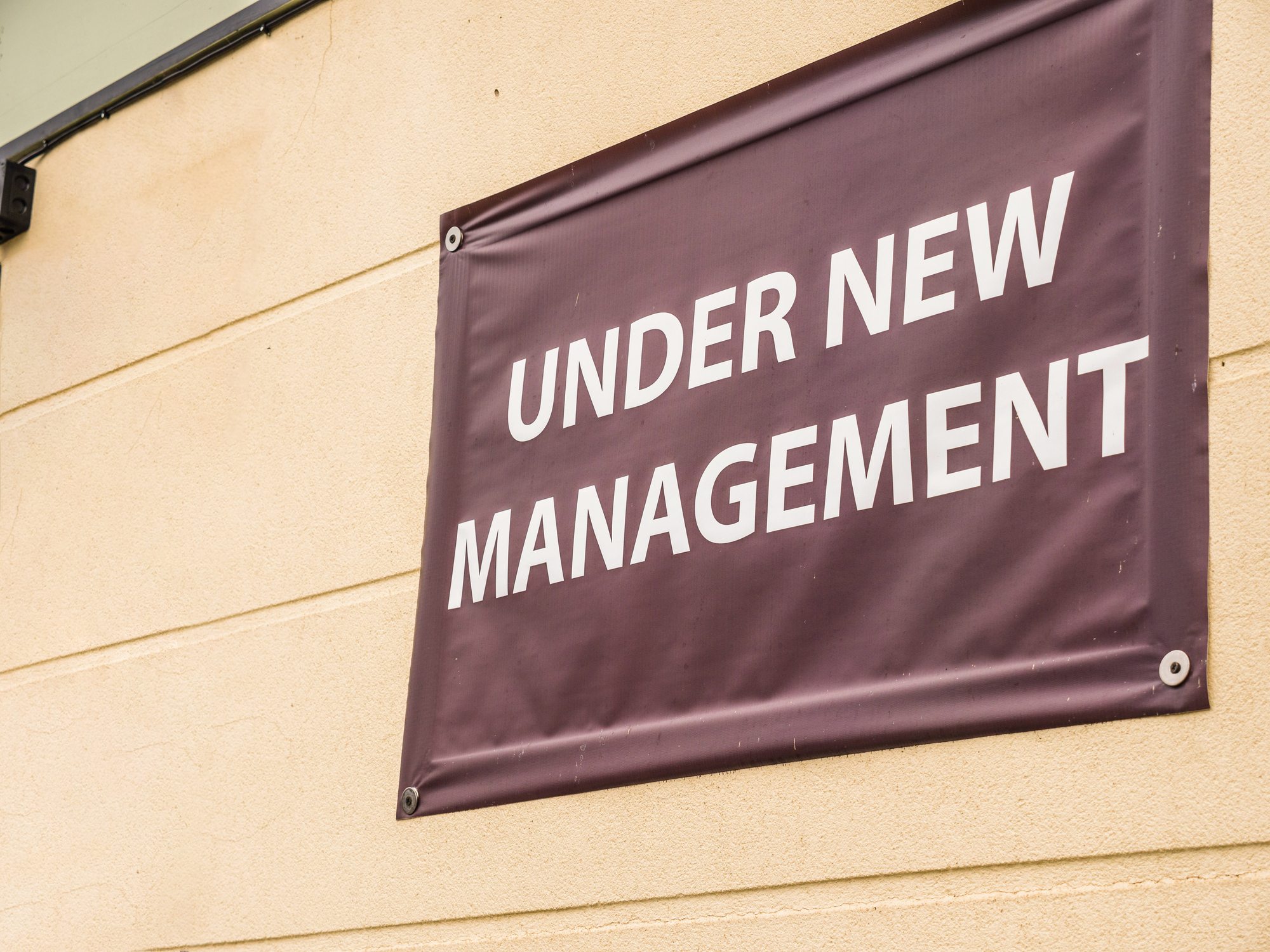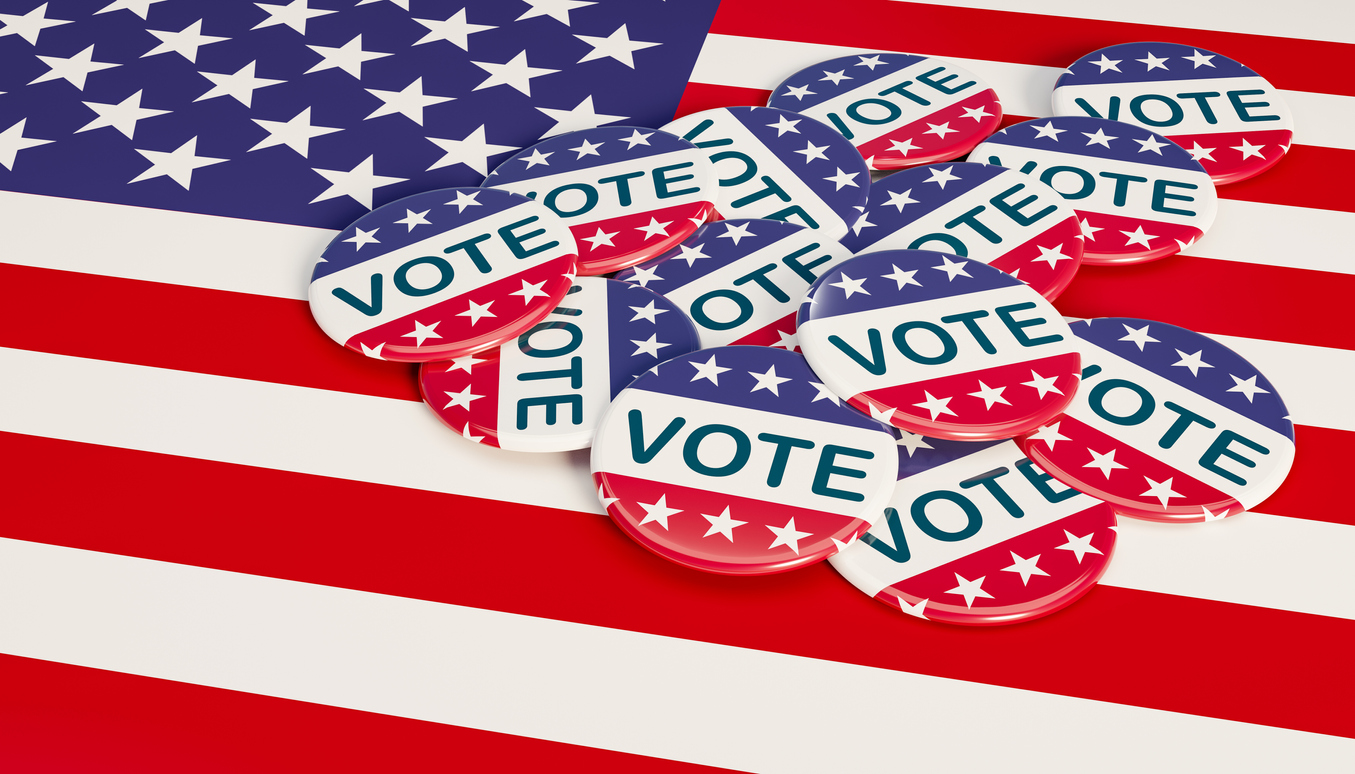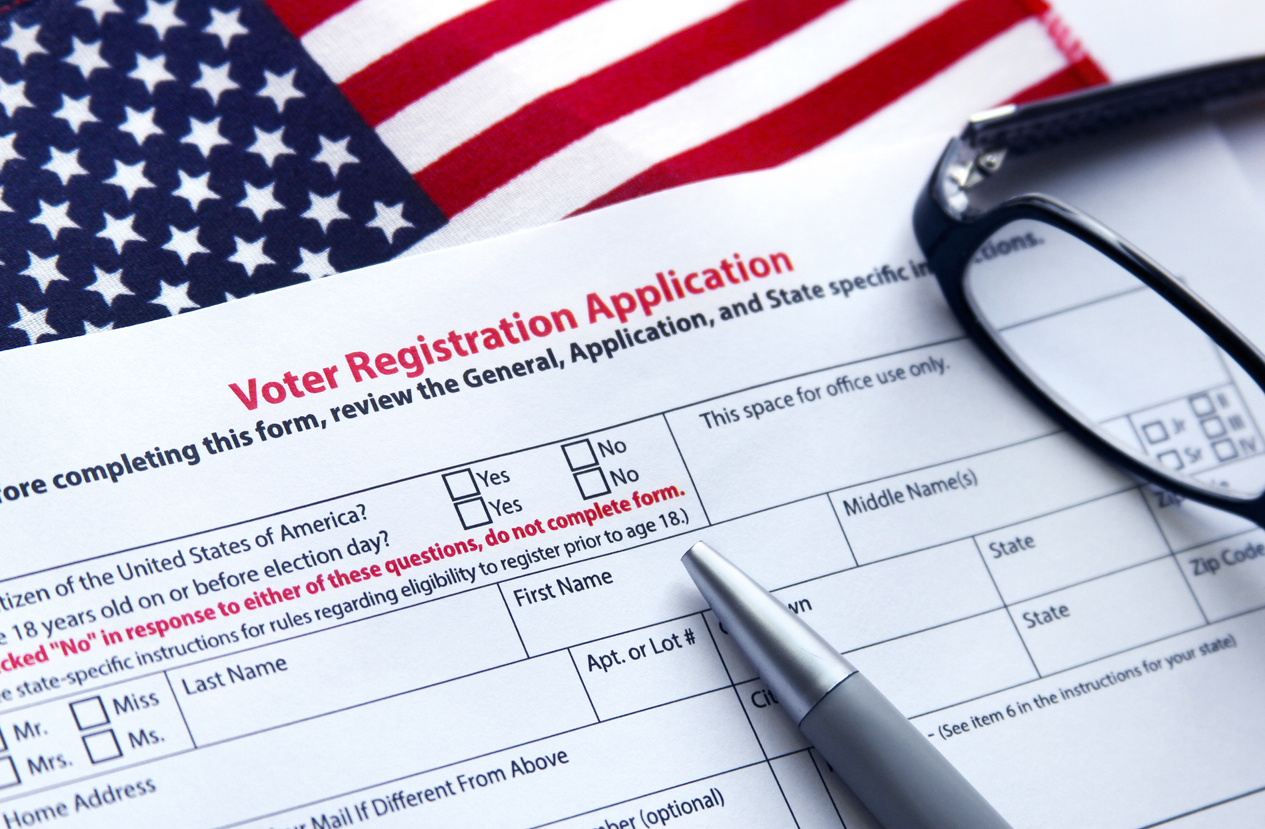Infrastructure spending, at the federal, state, and local levels, is a key topic of conversation in 2019. It has been more than 60 years since President Eisenhower authorized the construction of the Interstate Highway System, and many of our nation’s roads and bridges are in disrepair or in need of modernization.

In order to tackle the challenge posed by an aging infrastructure and its impact on budgets, many states, and some in the federal government, are looking to increased gas taxes.
In today’s Legislative Update, we review some of the latest developments across the country.
Federal Action
Since 1956, the federal government has relied on the Highway Trust Fund (HTF) to maintain and repair roads and bridges across the United States. The HTF is funded primarily through a federal gas tax, which currently is set at 18.4 cents per gallon, a number which has not been adjusted since 1993.
Since then, any talk of raising the federal gas tax has been largely taboo, despite the fact that fund transfers were required in 2008, 2009 and 2010 to maintain the solvency of the HTF. The non-partisan Congressional Budget Office has estimated that if no action is taken, the fund will be unable to meet its obligations as early as 2021.
However, with President Trump calling for new investments in American infrastructure, supporters of raising the gas tax are hopeful that now may be the time for action.
At a hearing of the House Committee on Transportation & Infrastructure in early February, there appeared to be signs of some bipartisan support for a conversation on raising the tax for the first time in more than two decades.
During the hearing, former Secretary of Transportation Ray LaHood, himself a former Republican Member of Congress from Illinois, suggested that a 10 cents per gallon increase would be enough to shore up the fund. His proposed increase was actually supported by Alaska Republican Congressman Don Young, but saw opposition from Republican Congressman Mark Meadows of North Carolina who views it as nothing more than a short-term measure.
However, LaHood said that a gas tax hike combined with a Vehicle Miles Traveled Tax and an increase in public private partnerships could solve much of the country’s infrastructure problem.
With a bold new infrastructure plan among President Trump’s stated priorities, and a new Democratically-controlled US House, it will be interesting to watch what progress can be made in the coming months.
Alabama
A recent poll of Alabama voters showed that while nearly a majority believe that more must be invested in the state’s infrastructure, nearly half oppose a fuel tax increase.
Regardless of their sentiments, a deal was reached on Tuesday to raise the state’s gas tax by 12 cents, for the first time since 1992. The Alabama legislature is set to pass legislation in this issue next month, with funds generate from the increase going directly into roads and bridges.
This hike was made possible by an agreement between the Governor’s office, the Association of Alabama County Commissioners, and the Alabama League of Municipalities. Under the compromise, the state will claim 8 cents of the new per-gallon tax, counties will receive 3 cents, and municipalities get the remaining cent.
Arkansas
Just yesterday, a significant portion of Governor Asa Hutchinson’s $300 million highway funding plan made its way through the Arkansas Senate.
The proposal, passed by a 27-8 margin, would impose a new wholesale tax on fuel, effectively adding 3 cents per gallon of regular fuel and 6 cents per gallon of diesel.
In addition to the new fuel tax, the measure would dedicate a portion of expected revenue from Arkansas casinos to infrastructure investments and creates new fees for registration of hybrid and electric vehicles.
The legislation saw opposition from conservatives and anti-tax groups, but it appears to represent a bipartisan effort in Little Rock.
Kentucky
On February 20th, Kentucky Republican State Representative Sal Santoro introduced House Bill 517, aimed at providing additional funding for the Bluegrass State’s roads and bridges.
Santoro’s bill would increase the state’s fuel tax by 10 cents per gallon, and has earned the support of a wide coalition that includes the Kentucky Chamber of Commerce, Kentuckians for Better Transportation, and Louisville, Inc. the primary business advocacy group for the city.
The measure would also tackle the question of electric vehicles contributing to infrastructure funding by imposing a $175 registration fee to be paid upon initial registration and renewed annually along with the vehicle’s license plates.
Interestingly, because the bill is being considered during a non-budget session of the General Assembly, passage would require a two-thirds vote in each chamber rather than a pure majority.
Minnesota
Earlier this week, Governor Tim Walz release his budget proposal, which included increased funding for Minnesota’s roads and bridges.
His proposal is perhaps the boldest to be considered this legislative session, with a recommended fuel tax increase of nearly 70%, going as high as 48 cents per gallon compared to the current 28 cents. Only Pennsylvania, California and Washington would have higher fuel taxes should he get his way.
When combined with a proposed increase in the state’s vehicle registration fees, Governor Walz estimates that nearly $11 billion would be generated over the next ten years to fund infrastructure improvements.
It will be interesting to watch how the Governor’s proposal progresses as he faces a Republican-controlled Senate which has made it clear it opposes any tax increases.
North Dakota
Republican State Senator Larry Luick introduced a relatively modest increase to the state’s fuel tax, just 4 cents per gallon, recognizing that North Dakota’s natural-resource economy relies on effective infrastructure.
Despite his best efforts, his measure was defeated in the State Senate earlier this month, by a 26-18 vote. Sen Luick knew it was an uphill battle going in, but had hoped his proposal, which was estimated to generate nearly $60 million in additional revenue during the next budget cycle, might make it through the legislature.
While the Senate did not pass the fuel tax increase, it did impose new fees on electric and hybrid cars, and is considering raising driver license fees as a way to generate infrastructure money.
Ohio
As part of a short-term fix in 2013, then-Governor John Kasich shored up Ohio’s infrastructure funding by borrowing against future revenues from tolls on the turnpike. The $1.5 billion that move generated has largely been spent, and now the Buckeye State needs a more permanent solution.
Yesterday, Governor DeWine and the Ohio Department of Transportation presented their proposed biennial budget to the House Finance Committee. As part of this budget, they have proposed a 64% increase in the fuel tax, raising it from 28 cents to 46 cents per gallon. Of the newly generated revenue, the state would keep 60% and send the remaining 40% to local governments.
In addition to increased costs generally due to inflation, the Department of Transportation cites the increasingly popularity of hybrid, electric and generally more fuel efficient cars as a problem for maintaining adequate funding for the state’s infrastructure.
According to figures released by the DOT, they will be facing a $1 billion shortfall by 2030, which includes:
- $250 million for major new construction projects,
- $250 million to expand safety initiatives and reduce crashes and
- $500 million for maintenance.
The proposed increase is estimated to generate an additional $1.2 billion per year to help tackle the increasing backlog of road and bridge projects across the state. The tax hike would take effect on July 1st and be pegged to inflation beginning in July 2020.
It remains unclear what kind of chance the Governor’s proposal has in the state’s General Assembly at the moment, but it will become apparent in the days and weeks ahead.
Whether action comes at the federal level, or in the states, there is no doubt that infrastructure funding will continue to be a major issue throughout 2019 and beyond.
Latest News
Photo credit: iStock.com/yevtony Last week, the National Governors Association (NGA) elected Utah Governor Spencer Cox (R) as its new Chair and Colorado Governor Jared Polis (D) as NGA Vice Chair. Cox succeeds New Jersey Governor [...]
Photo credit: iStock.com/Torsten Asmus Texas voters have already submitted their ballots for the 2022 primary election. More states have their primary elections on the horizon. With the 2022 primary election season nearly upon us, many [...]
Photo credit: iStock.com/triocean DMGS has previously reviewed state government public health measures, as they have imposed and rescinded masking requirements. Now, over two years into the pandemic and after various COVID-related emergency declarations being implemented, [...]
Photo credit: iStock.com/outline205. Automatic voter registration allows eligible individuals to become automatically registered to vote when they interact with certain agencies in the government, such as a state agency overseeing motor vehicles. While most people [...]






Stay In Touch